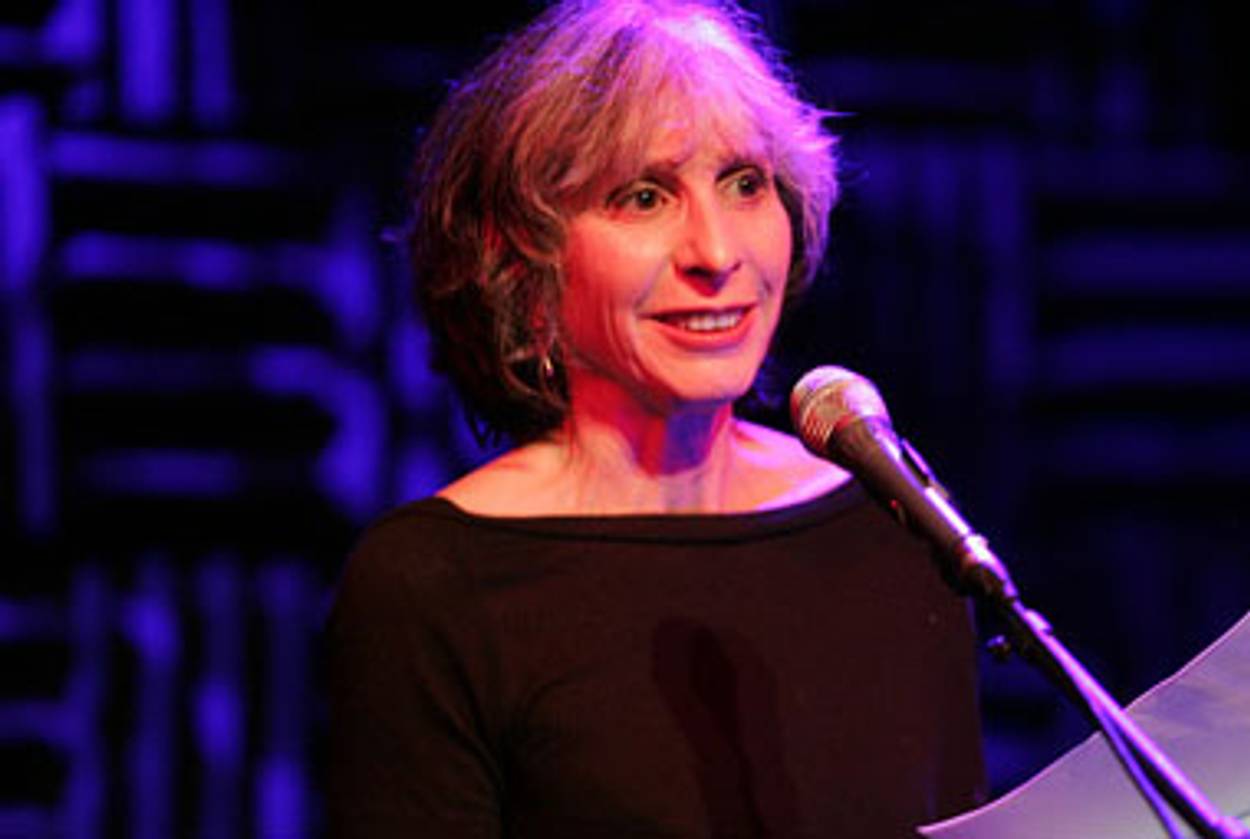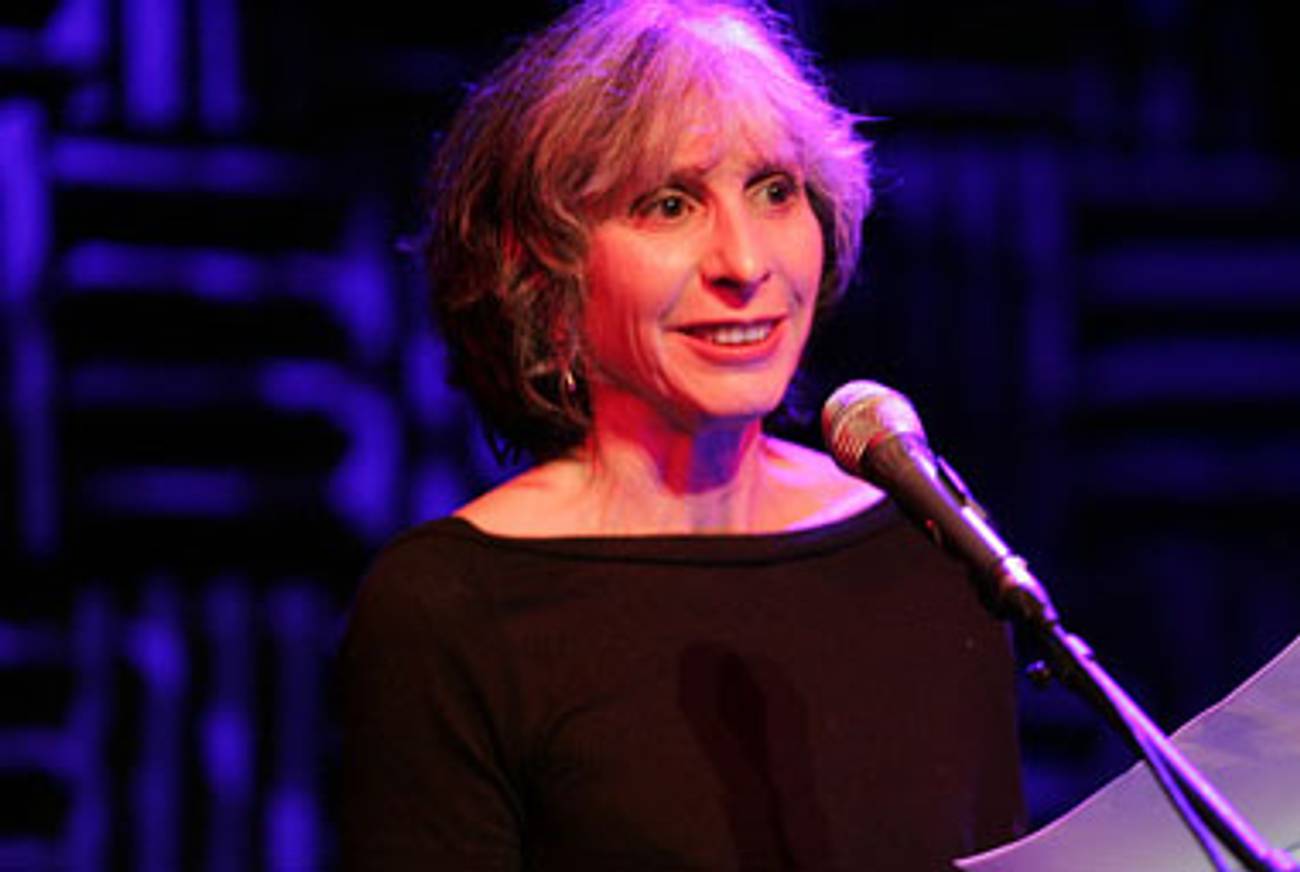Eisenberg Wins PEN/Faulkner
Prestigious award goes to ‘Collected Stories’




This year’s PEN/Faulkner Award for Fiction—whose recent winners include Joseph O’Neil’s Netherland, E.L. Doctorow’s The March, and Philip Roth’s The Human Stain—is going to The Collected Stories of Deborah Eisenberg.
Last August, in Tablet Magazine, David L. Ulin heaped praise upon the collection—which sets her four original volumes of stories between two covers—and also interviewed Eisenberg. His conclusion? That despite an almost total absence of explicit Jewishness in her work, she falls squarely in the—or more precisely a—tradition of American Jewish writers.
When we think about American Jewish literature, the writers who come to mind—Saul Bellow, Philip Roth, Bernard Malamud, Tillie Olson—wear their heritage on their sleeves. There is, however, a contrapuntal lineage, going back to Nathanael West and encompassing E. L. Doctorow, Grace Paley, even (inasmuch as we can frame him as a writer) Bob Dylan, for whom the experience of being Jewish is less text than subtext, part of an elastic point of view.
Eisenberg fits neatly into such a tradition; West, too, is her grandparent, as it were. Like him, she is less interested in Jewishness as a category than as an attitude, a way of positioning oneself, a stance from which to view the world.
Eisenberg Wins the PEN/Faulkner [The Millions]
Related: Higher Calling [Tablet Magazine]
Marc Tracy is a staff writer at The New Republic, and was previously a staff writer at Tablet. He tweets @marcatracy.